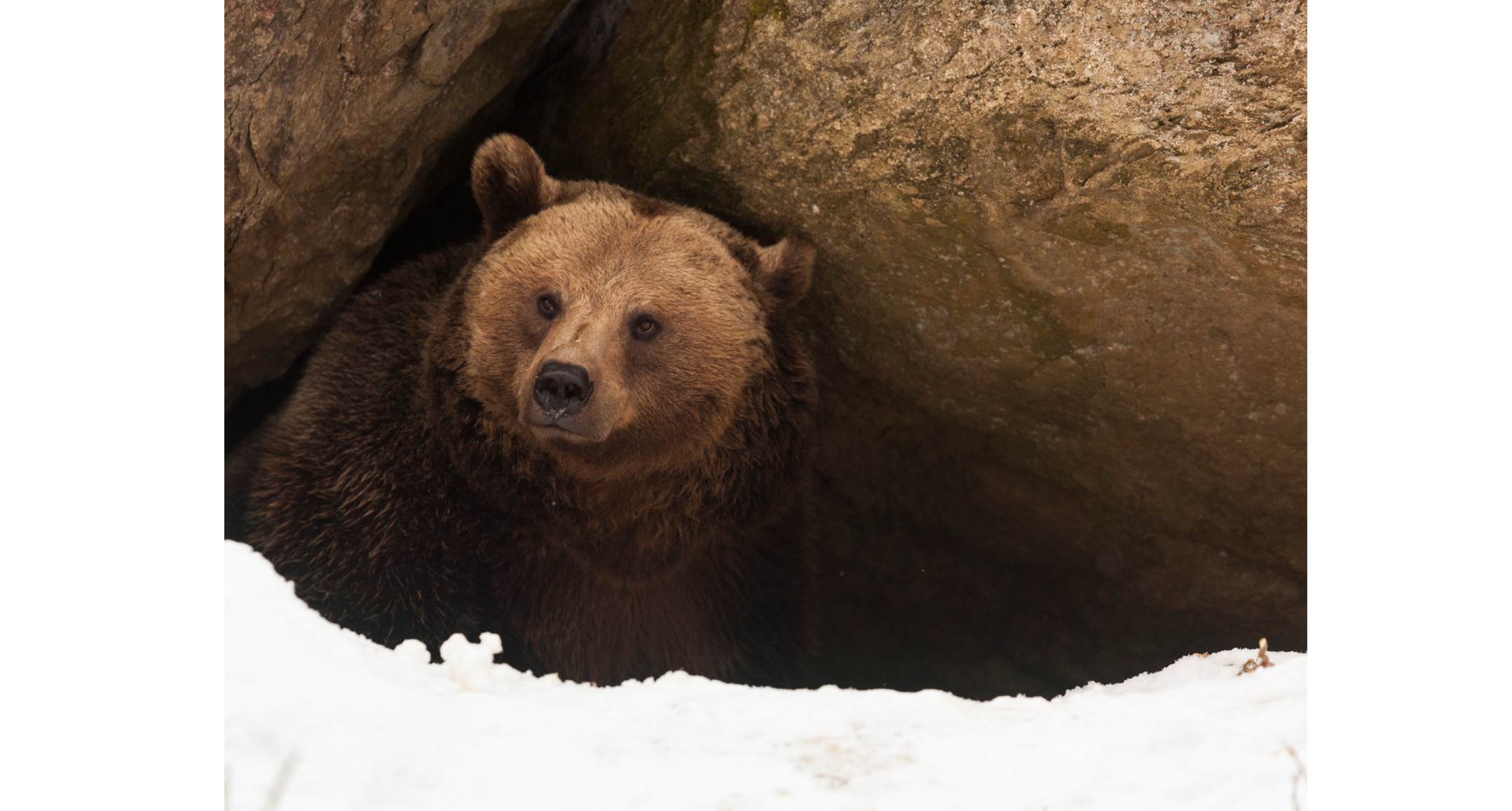Wouldn’t you love to be a brown bear, at least when you’re overindulging at Christmas and on your summer holidays! When preparing to hibernate, these enormous mammals gorge on food to quickly gain weight for their winter sleep. And they’re lucky, because despite all the fat they suddenly gain, they manage to avoid all the health drawbacks often associated with obesity that we humans experience. Now, a new study published in Cell Reports may have found their secret – their gut microbiota.
Researchers from the University of Gothenburg in Sweden have discovered that as a bear’s lifestyle changes dramatically from season to season, so too does the cocktail of bacteria in its gut. Thus, during hibernation, some microorganisms become less diverse than in the summer, when, for instance, it has been observed that the bears’ gut bacteria is very rich in microbes that are responsible for extracting a greater amount of energy from their diet.
“The restructuring of the microbiota into a more avid energy harvester during summer, which potentially contributes to increased adiposity gain without impairing glucose metabolism, is quite striking,” confessed the study’s lead author, Professor Fredrik Bäckhed, in a press statement.
The Swedish expert in cellular microbiology has been studying the effect of the gut bacterial ecosystem on human health for over a decade and has focused particularly on the link between obesity and microbiota. In previous studies, he showed that gut bacteria composition can influence the amount of energy obtained from food. He also discovered shifts in obese and type 2 diabetic individuals’ microbiota.
In this new research, Bäckhed and his colleagues wanted to find out whether those changes seen in microbiota could also play a key role in hibernating wild bears. Together with the Scandinavian Brown Bear Research Project, specialised in monitoring these mammals in the wild, faecal and blood samples were taken from 16 bears during their hibernation period. They also put radio collars on the animals, so they could track down the same bears in the summer and compare the seasonal gut microbiota.
In general, it was observed that during the winter the animals showed less bacterial diversity than in the summer. The gut microbes shifted from more Firmicutes and Actinobacteria to more Bacteroidetes. From the blood sample analysis, they also saw changes in several metabolic substances such as triglycerides, cholesterol and bile acids during the course of the season.
The authors said in a press statement that gut microbiota shifts with the seasons were not surprising, but that this is the first time a role for these diverse bugs has been described in the context of a hibernating animal’s energy metabolism.
In order to further investigate the influence of these changes on the bears’ metabolism, they transferred both the summer and winter microbiota to germ-free mice in the lab. As with the bears, the rodents with summer microbiota gained both weight and fat, although there were no differences in their glucose metabolism compared to the mice transplanted with winter microbiota. They gained more fat but it did not impair their glucose tolerance.
These results, Bäckhed highlights, suggest “the microbiota may be a more important switch for energy metabolism and cold adaptation than previously appreciated.”
And, what about humans? Can these results open the door to new approaches to tackling obesity? Not yet. This study is what is called basic science; further studies of the gut microbiota are now needed before any conclusions can be drawn and humans can reap any benefits from those bear gut microbes.
Bäckhed, meanwhile, is cautious if optimistic: “If we learn more about which bacteria and the functions that promote and/or protect against obesity [in hibernating bears], we may identify new potential therapeutic targets.”
References:
Sommer et al. The Gut Microbiota Modulates Energy Metabolism in the hibernating Brown Bear Ursus arctos. Cell Reports. 2016; 14: 1-7 http://www.cell.com/cell-reports/abstract/S2211-1247(16)00047-4


